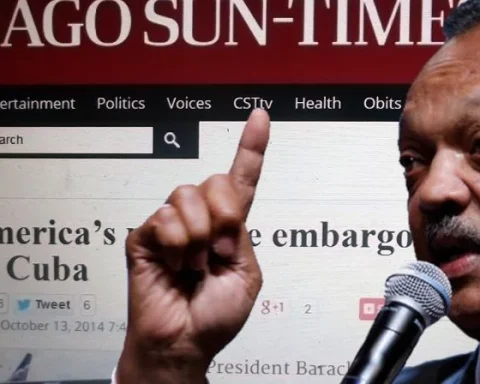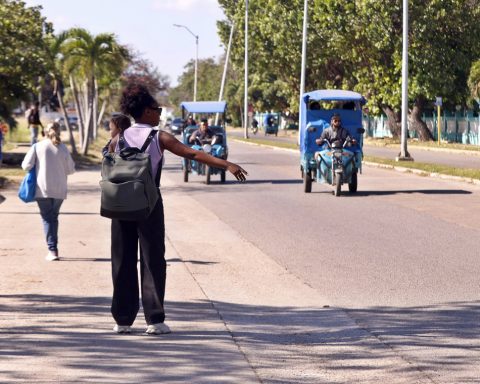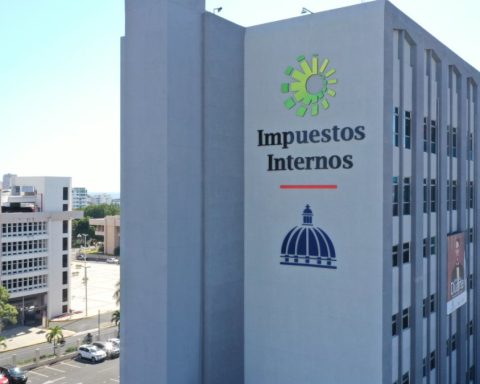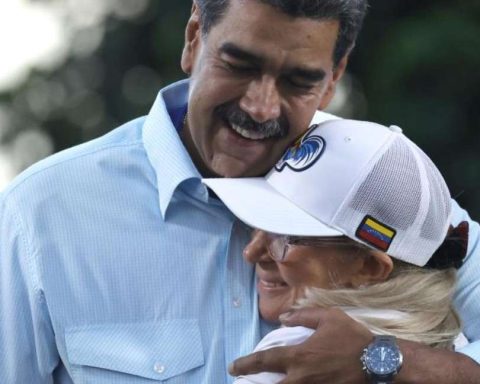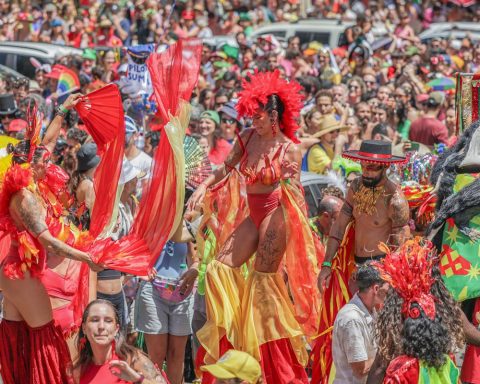HARRISONBURG, United States. — Despite the years that have elapsed since I was a student at the Jorge Luis Estrada High School in Cienfuegos, I have not forgotten the impact that first encounter with the poetry of César Vallejo had on me.
It was thanks to our beloved Spanish and Literature teacher, the ineffable Zenaida López Casañas. A teacher since before the triumph of Castroism, Dr. Zenaida had the peculiarity of attracting our attention immediately and ensuring that we were not content with the information that she could offer us within the framework of the study program. That is why, that day, after hearing in her voice that extraordinary poem that is still “Los heraldos negros”, I decided that I had to read Vallejo.
Today, April 15, marks the 85th anniversary of the death of this great Peruvian poet. in his poem “Black stone on white stone” he had assured that he would die in Paris on a Thursday, with a downpour.
A life marked by misfortune
Son of Francisco de Paula Vallejo Benítez and María de los Santos Mendoza Gorrionero, César Vallejo Mendoza was the youngest of the eleven children conceived by that marriage.
He was born on March 16, 1892 in Santiago de Chuco, an intricate little town in the Peruvian Andes.
At the age of 19, Vallejo moved to Lima to study at the Universidad Nacional Mayor de San Marcos, where in 1915 he obtained a degree in Spanish Literature.
During those years of study he met the intellectuals Antenor Orrego and Víctor Raúl Haya de la Torre, the latter founder of the political movement Alianza Popular Revolucionaria Americana (APRA), the oldest political party that exists today in Peru, currently known as the Peruvian Aprista Party. (DAP).
The ideas of both intellectuals -writers, philosophers and politicians- exercised a profound influence on Vallejo and the radicalization of his political stance, although the experience he lived on agricultural plantations, where he learned of the abuses committed against workers, also influenced this. .
This radicalization, without a doubt, was later promoted by the unjust imprisonment he suffered after returning to his hometown.
In 1918 the poet’s mother died and he decided to return to Santiago de Chuco. Months later he would be charged as instigator of a crime of damage to important property. Learning of the accusation that was being forged against him, César Vallejo decided to hide, but he was discovered and taken to jail, where he served 112 days in prison.
The behind the scenes of this injustice were revealed by the jurist Eduardo González Viaña in his work Vallejo in hell, in which he demonstrated the compromise that existed between the poet’s enemies and the judge who followed the cause. And although he received temporary freedom, the process was never closed, for that reason he decided to emigrate to Europe and settled in Paris.
In 2007, more than 80 years after that injustice, the Peruvian judiciary vindicated the memory of the poet.
In Paris, Vallejo lived in poverty for a few years. There he related to many intellectuals and artists of the time.
Already in 1927 he had embraced the Marxist ideology, like many other intellectuals of his time. He also made several trips to Bolshevik Russia. From his experiences in that country emerged two books of chronicles entitled Russia in 1931. Reflections at the foot of the Kremlinpublished in Madrid that year and Russia before the second five-year plancompleted in 1932 and published by his widow in 1965.
In addition to these books of chronicles, Vallejo published numerous articles in newspapers and magazines in Europe and America. He left unpublished several plays and published the novels wild talk and tungstenthe latter inspired by socialist realism, as well as the storybook Melographed scales.
A renewing and inescapable poetry
Undoubtedly, it was poetry that singled out Vallejo within Spanish-American literature and beyond. In 1919, his first collection of poems appeared in Lima, titled the black heraldswith which he was placed in a vanguard place.
In 1922 he published trilce, where he would expose his unique poetic talent. Still, 101 years later, the work is considered one of the most avant-garde in the Spanish language. Scholars claim that in trilce Vallejo took the language to extremes never before seen in our language. He not only invented words and expanded the syntax of the language, but he also pre-empted the Surrealists by using techniques such as automatic writing. It has been speculated that the title of the collection of poems arises from the union of the first three letters of the word “sad” and the last four of “sweet”.
Like other intellectuals of his time, César Vallejo aligned himself in defense of the Spanish republic and became involved in that bloody contest. His book of poems emerged from that experience. Spain, take this chalice away from mepublished posthumously by his widow, a text where some scholars affirm that he addressed an immortal theme such as the confrontation of good against evil, although history has made it clear that evil was present in both parts.
His book was also published posthumously. human poemsexpression of the poetic maturity of the Peruvian.
The late British poet critic and biographer Martin Seymor Smith, an authority on literary studies, has considered Vallejo “the greatest poet of the 20th century in any language,” while Thomas Merton, an American Trappist monk, writer, theologian, mystic and poet, considered him “the greatest universal poet since Dante.”
For his part, the critic Harold Bloom included the collection of poems Spain, take this chalice away from me within the Western Canon.
But every time I read something about Vallejo I remember my dear teacher Zenaida, the beautiful view of the city that we could enjoy from the hill of the pre and, above all, our ingenuity.
Parodying a beautiful and moving poem by the Peruvian, the one she dedicated to her brother Miguel, today I would like to ask her to come back to hear her talk about other hopes and dreams, different from those we were led to believe and ended up not seeing, because they were simply false.
Vallejo did not die on a Thursday, but on Good Friday. And although he died mistakenly believing in the USSR and in Marxism, part of his prediction came true: he died in Paris at the age of 46 and that day it rained.
OPINION ARTICLE
The opinions expressed in this article are the sole responsibility of the person who issues them and do not necessarily represent the opinion of CubaNet.



